A mini kidney from the lab doesn't look like a normal kidney, but the simple cell structures share many of the characteristics of real kidneys.
Scientists from the Hubrecht Institute, the University of Utrecht, and MIMETAS have successfully grown kidney tubules derived from human kidney adult stem cells in microfluidic chips.
Henriette Lanz, Ph.D., Director of Biology at MIMETAS and co-author on the paper explains: "Scientists at the Hubrecht Institute managed to reprogram stem cells found in the human kidney cortex to cells that are similar to tubular cells of the kidney. From these cells, my team has grown three-dimensional perfused kidney tubules. We have discovered that these tubules are fully polarized, meaning that they distinguish inside from outside, just like in a real kidney. Moreover, the biologically important barrier function of the kidney tubes is intact. We show that transporter activity is functional, which is a hallmark of kidney tissue, responsible for pumping of nutrients and toxicants across the kidney barrier. We can grow 40 of such tubules in one single OrganoPlate®. The kidney tubes can be used to create disease models that allow the development of novel therapies. This novel technology offers a powerful human alternative to animal testing for toxic side effects of new medicines."
A mini kidney from the lab doesn't look like a normal kidney, but the simple cell structures share many of the characteristics of real kidneys. Researchers can use them to study certain kidney diseases. "We can use these mini kidneys to model various disorders: hereditary kidney diseases, infections, and cancer. This allows us to study in detail what exactly is going wrong", says Hans Clevers, Professor of Molecular Genetics at Utrecht University and the University Medical Center Utrecht, and group leader at the Hubrecht Institute. "This helps us to understand the workings of healthy kidneys better, and hopefully, in the future, we will be able to develop treatments for kidney disorders."
This research has been published in Nature Biotechnology by the world-leading research group from Professor Hans Clevers.
MIMETAS has offices in Leiden, Gaithersburg, Tokyo and it provides organ-on-a-chip products for compound testing, screening, and fundamental research. Its flagship product, the OrganoPlate, supports 3D cell culture under continuous perfusion, with membrane-free co-culture and epithelial and endothelial tubules. The company develops and validates customized disease, toxicology, and transport models and ultimately will make its technology available for personalized therapy selection. MIMETAS has developed models for the kidney, liver, gut, brain and a range of oncological applications, that offer better predictivity towards human physiology as compared to laboratory animals and conventional cell culture models. Since its commercial launch in 2014, MIMETAS has grown its customer base to half of the global top-50 pharmaceutical companies, in addition to chemical, food and consumer goods companies. The fast market acceptance of the OrganoPlate® is driven by its unsurpassed ease-of-use and throughput, in combination with complex human biology and disease relevance.
Register as Visitor to CPhI China 2019!

-----------------------------------------------------------------------
Editor's Note:
To apply for becoming a contributor of En-CPhI.cn,
welcome to send your CV and sample works to us,
Email: Julia.Zhang@ubmsinoexpo.com.





 ALL
ALL Pharma in China
Pharma in China Pharma Experts
Pharma Experts Market News
Market News Products Guide
Products Guide Brand Story
Brand Story



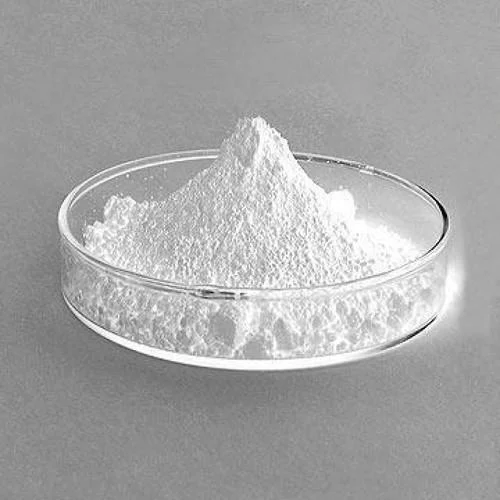

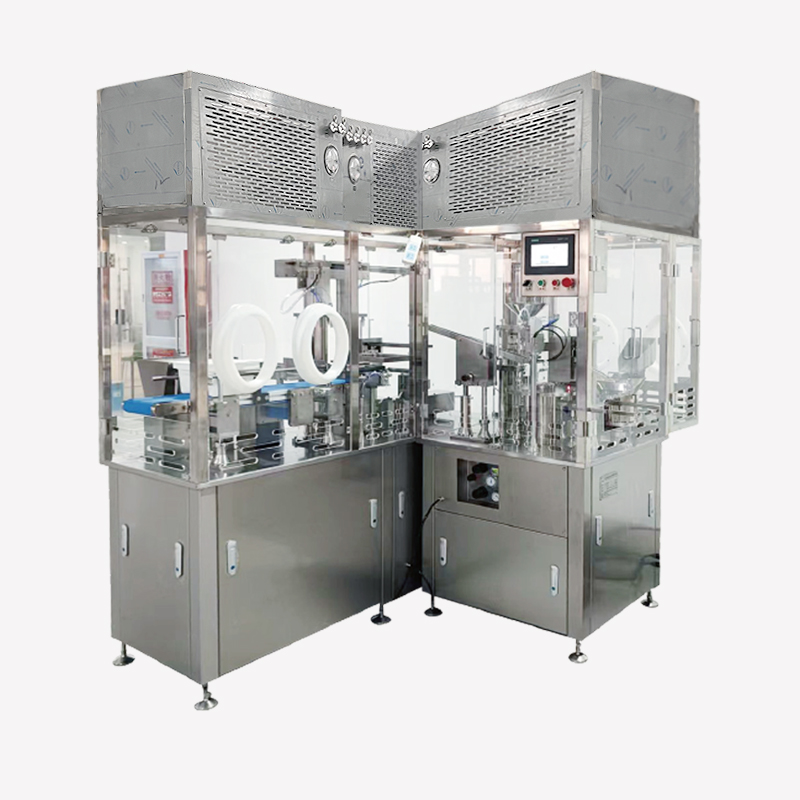












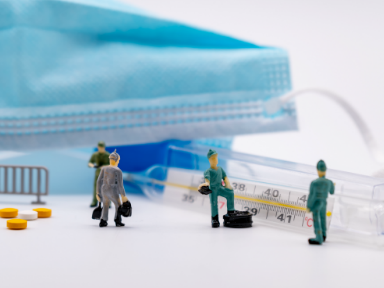





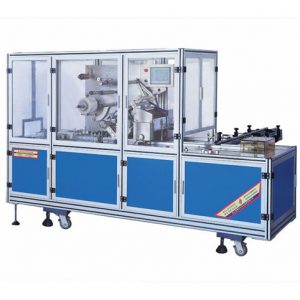


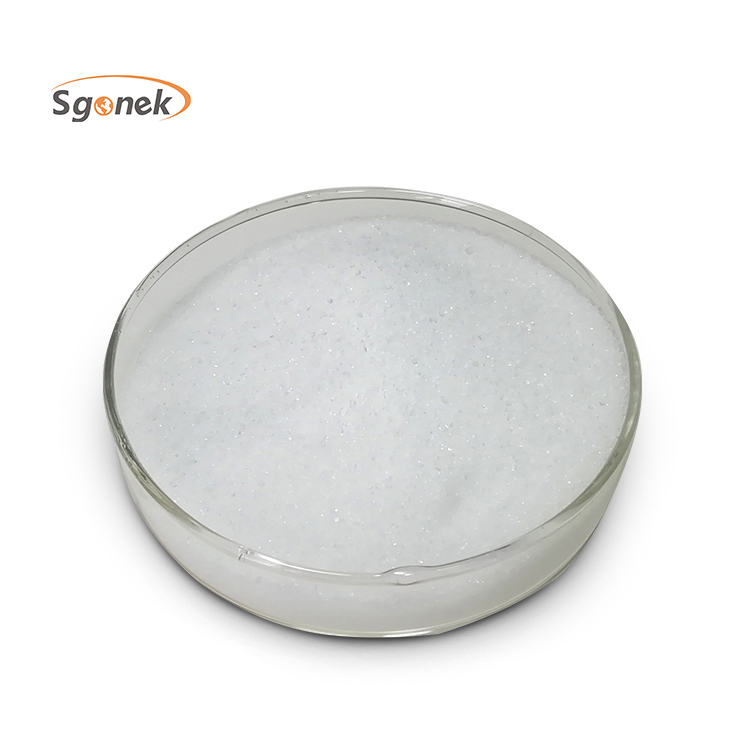






 Pharma Sources Insight January 2025
Pharma Sources Insight January 2025








